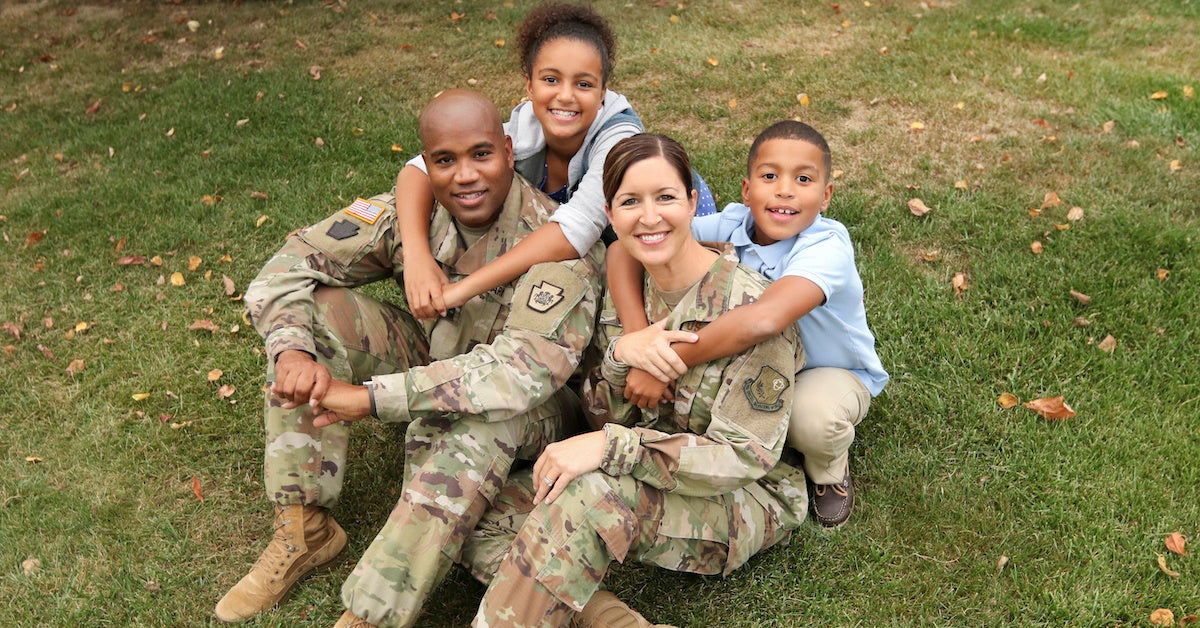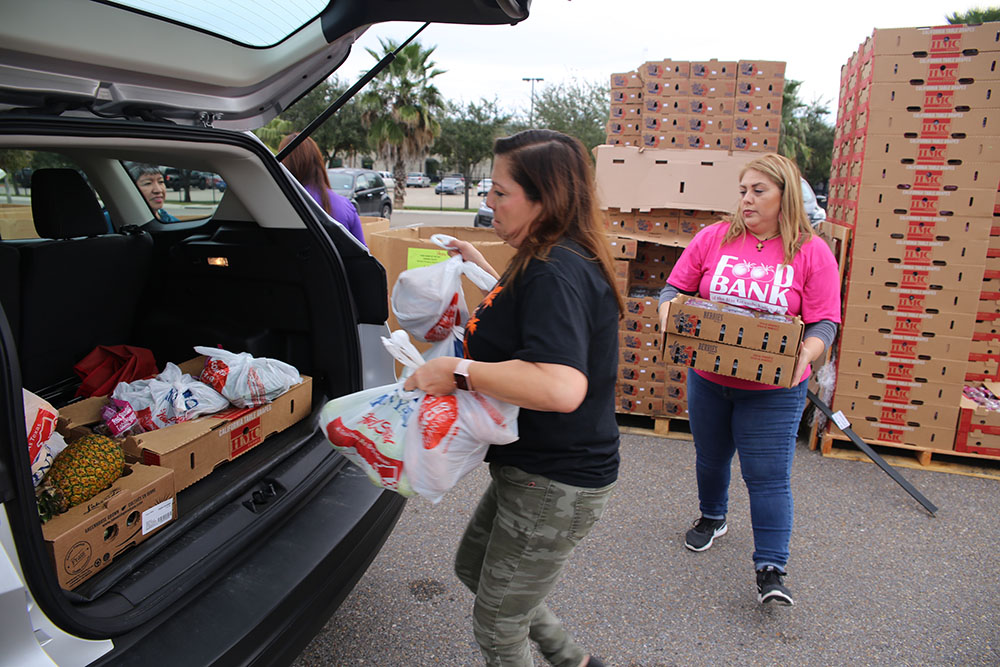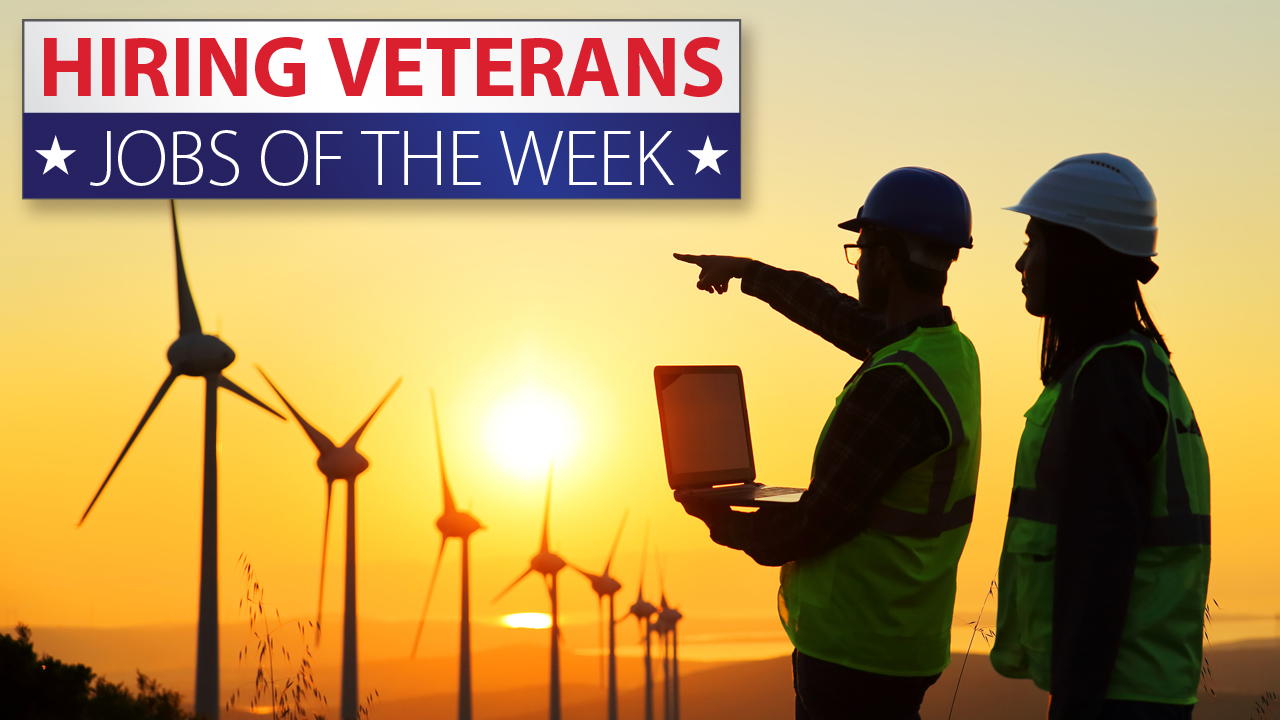A few weeks ago the collective heart of our nation took a pause in somber reflection on the 20th anniversary of the 9/11 terrorist attacks. We joined in a National Day of Service to honor the memories of those who paid the ultimate sacrifice.
Yet as our nation took a moment to reflect, a rising number of those who have shouldered the burden of 20 years of war feel more disconnected from their communities and civilian neighbors. Evidence of the growing “military-civilian divide” is increasing, compelling, and deeply troubling.
The military-civilian divide
Last year, Blue Star Families’ Military Family Lifestyle Survey found that nearly 75% of active-duty respondents do not feel connected to their local communities. Another 79% strongly believe that those not serving in uniform have no understanding of the military service experience, or the sacrifices made by service members, Veterans, and their families. A 2018 poll found that only one in five Americans were even aware that the war in Afghanistan was still ongoing, and 42% believed that the Global War on Terror had ended. you thi
Importantly, the costs and consequences of this divide extend beyond the challenges faced daily by service members, Veterans, and families. The Department of Defense and its senior leadership have repeatedly expressed concerns that the growing military-civilian divide is a top threat to national security.
These concerns may be heightened by a number of additional stressors that military and Veteran-connected families are currently facing.
In addition to the raw emotions felt in the wake of the final withdrawal of troops from Afghanistan, hundreds of thousands of military families just finished relocating to new homes while deployments continue, and many face uncertainty with the resurgence of COVID-19 and associated changes to remote versus in-person work and back-to-school schedules.
Blue Star Welcome Week 2021
This is why the timing of Blue Star Families’ annual Blue Star Welcome Week could not be better. Created to recognize the approximately 600,000 active-duty and transitioning military and Veteran families who move to new communities each year, Blue Star Welcome Week is an opportunity for military and Veteran families across the country to get to know their communities better, form connections with their neighbors, and feel a sense of belonging in their new homes.
Over the past few days — thanks in large part to our nonprofit partners in the White Oak Collaborative, community influencers, and resources like VA/s blog — we have witnessed civilian families across the country get involved in tangible ways to welcome their military and Veteran neighbors to their communities.
With in-person and virtual Blue Star Welcome Week activities running through this weekend, you can help, too.
For fellow Veterans, as well as family and friends, we are asking you to take three simple, actionable steps to help make Blue Star Welcome Week 2021 a resounding success for families like yours nationwide:
Sign a Welcome Card to send to a military or Veteran family who recently relocated to a community near you.
- Wear a specially designed paracord bracelet, and share a picture of yourself wearing it on social media. Encourage your family and friends to do the same!
- Join the virtual Blue Star Welcome Week Challenge to show your support for military and Veteran families from coast to coast.
We understand Blue Star Welcome Week, in itself, will not solve a divide we have experienced over a collective 50 years of service as a U.S. Marine and a Marine Corps spouse, and one we worked together to address for more than a decade as nonprofit leaders; however, it is an important step in the right direction.
Engagements like these offer military, Veteran, and civilian families a shared experience and restore human connection. If done repeatedly in communities nationwide, they will also bridge the civilian-military divide.
The sharing of any non-VA information does not constitute an endorsement of products and services on part of VA.
Topics in this story
More Stories
The $100,000 Community Catalyst Challenge identifies trailblazing organizations and revolutionize how we engage with Veterans and their families.
The Social Security Administration is hoping to make applying for Supplemental Security Income (SSI) a whole lot easier, announcing it will start offering online, streamlined applications for some applicants.
This post contains jobs for the week of Dec. 16, 2024. Each week, we post relevant and timely listings as we receive them, and for the locations listed.






